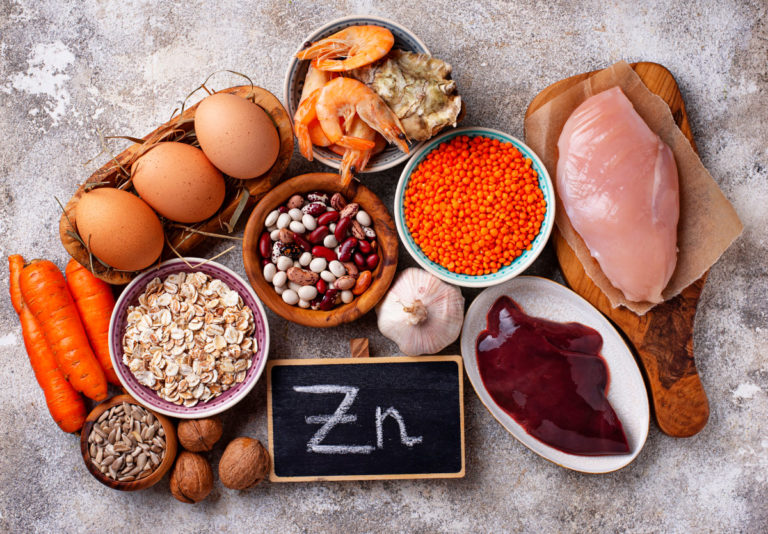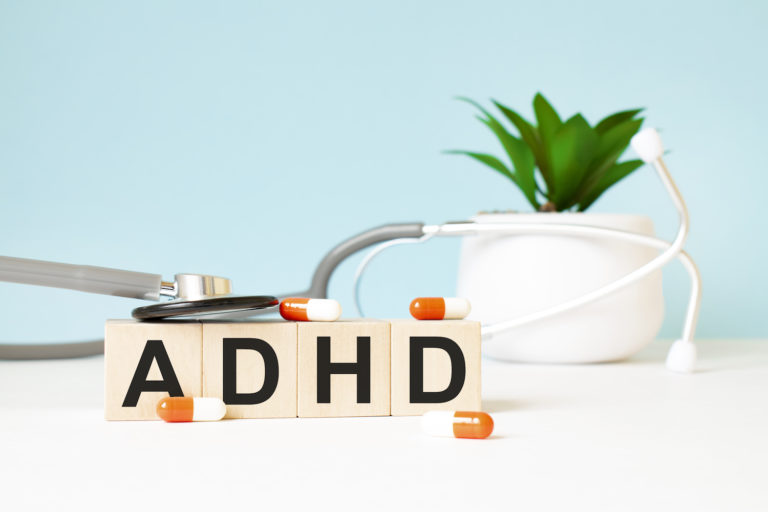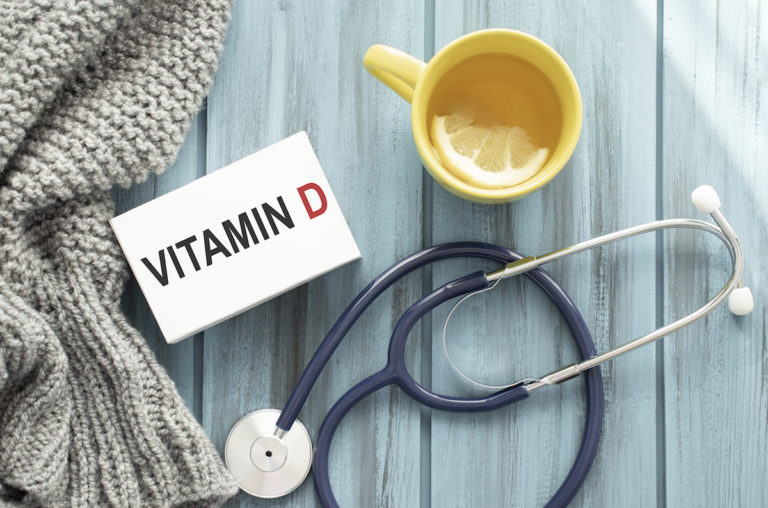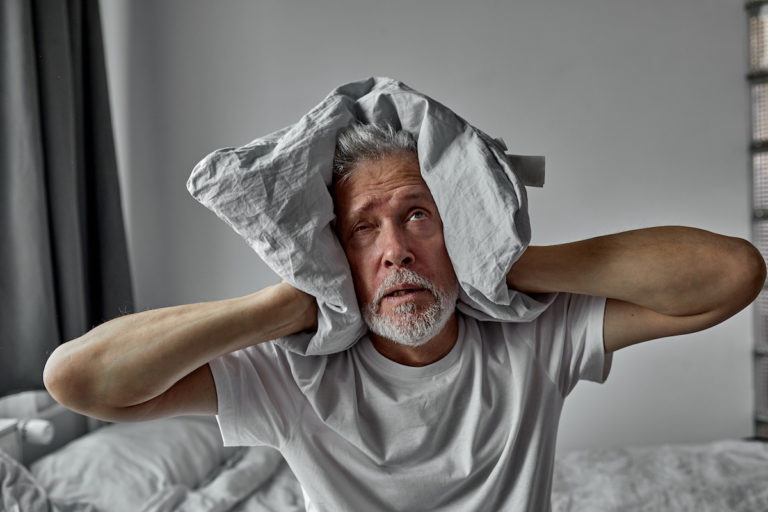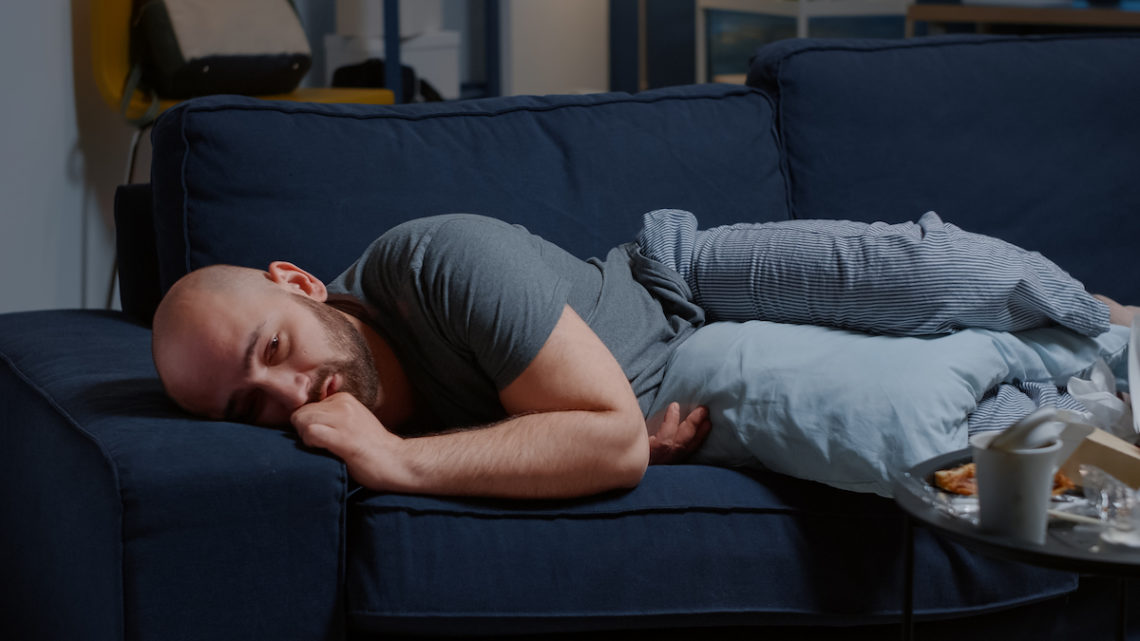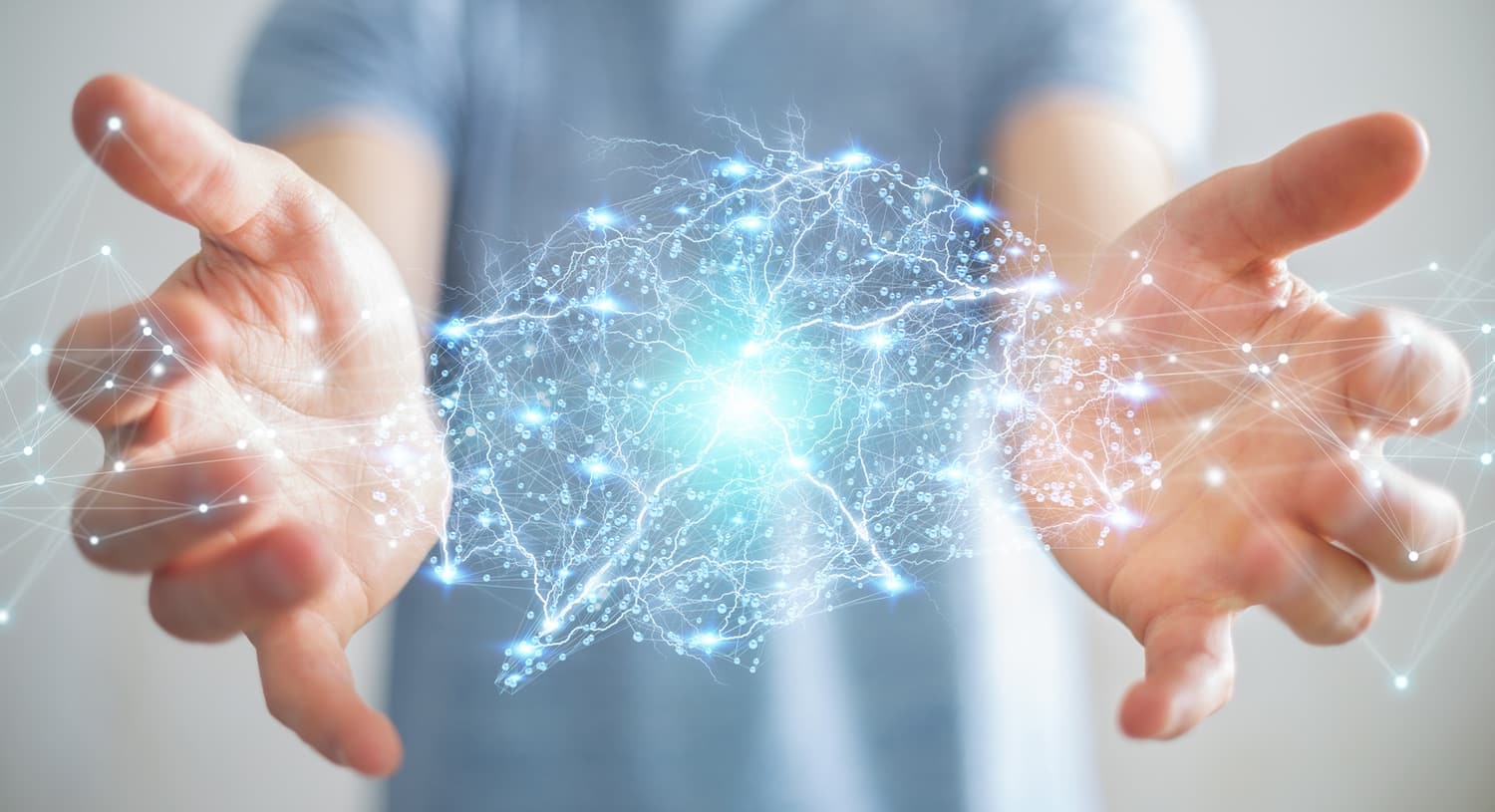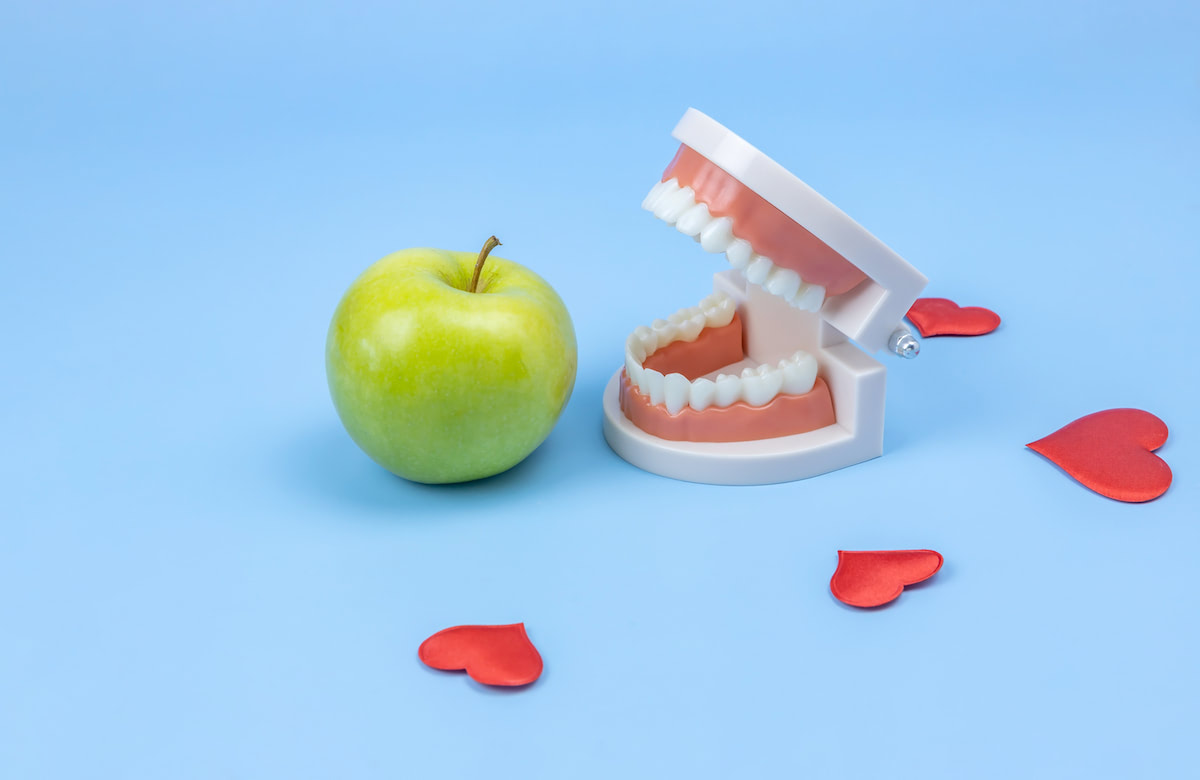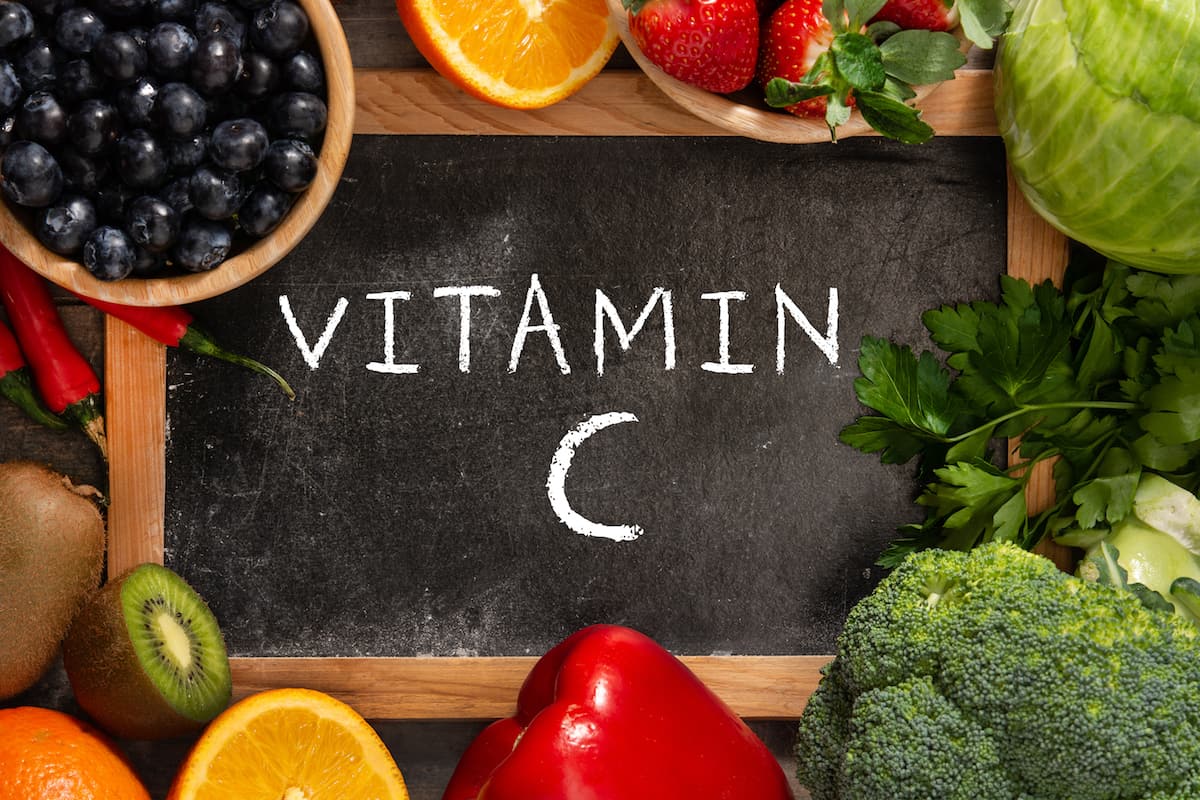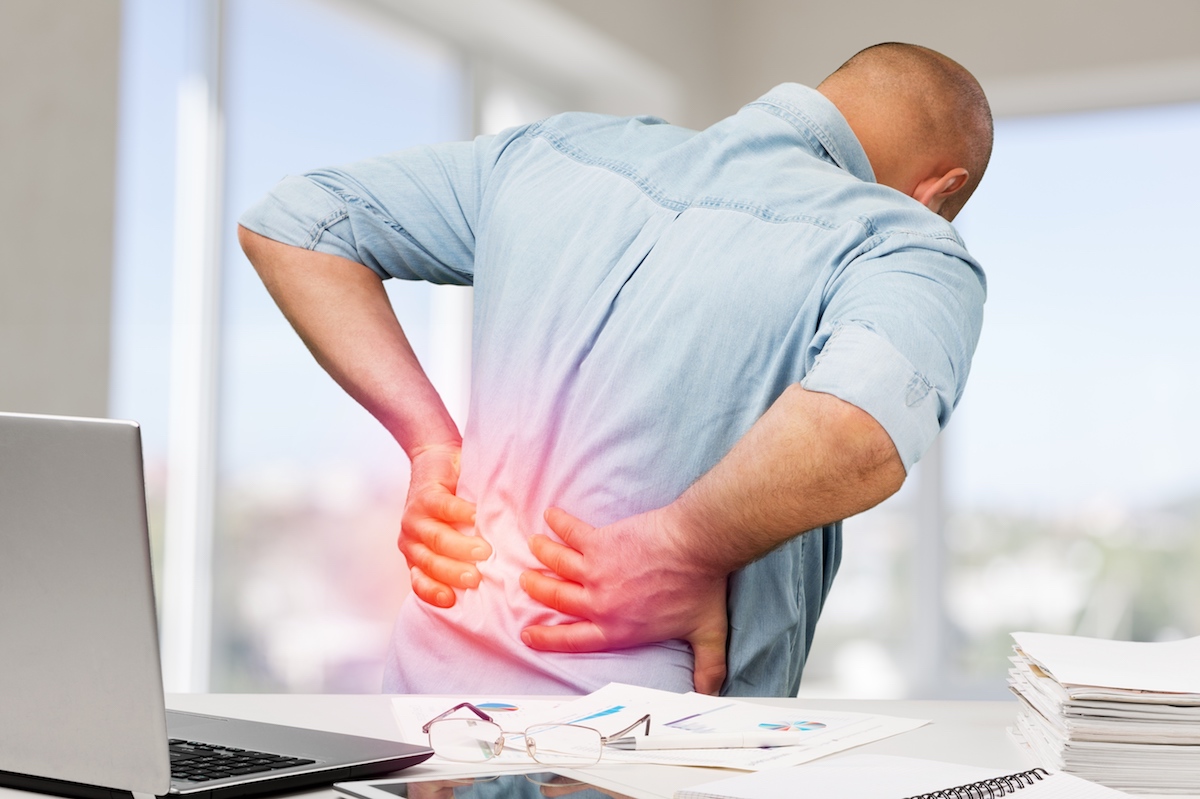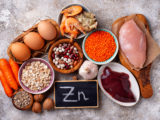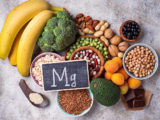Updated on 16. November 2021 from ÁYIO-Q Redaktion
Reading time: approx. 4 minutes
According to WHO[1], depression is a very common mental disorder worldwide, affecting 264 million people, and can affect people of all ages. We assume, as the WHO refers to a study from 2017 on 30.01.2020, that this number will be adjusted significantly upwards with the pandemic. Also, the suicide rate of 800,000 people that she mentions in your report is from 2007 and certainly no longer valid in 2021. Current data are not available at this time. However, one can often read recently that more and more younger people are falling ill with it.
A depressive disorder is a feeling of deep sadness that is so intense that it impairs functioning and/or leads to a decrease in interest or pleasure in activities. Depression may follow a recent loss or other sad event, but it is disproportionate to the event and lasts an inordinate amount of time.
Everyone also goes through difficult phases in which they are more or less depressed. “Depressed” is derived from the Latin word “deprimere“, which means “to depress”. Those who are in a bad mood feel depressed, often sad, discouraged, lacking energy and want to withdraw. These mood swings usually have a specific cause, such as anger at work or in private life, an experience of loss, an illness. However, each person affected reacts with different intensity.
The small but important difference between a low mood and depression
The time factor – Most mood lows disappear on their own within 1 to 2 weeks. Positive moods return to life. Social activities, sports, an artistic hobby, advice from a family member or friend help to escape the mood crisis.
One speaks of depression if:
- the low mood persists beyond this and possibly intensifies
- the following symptom pattern is present:
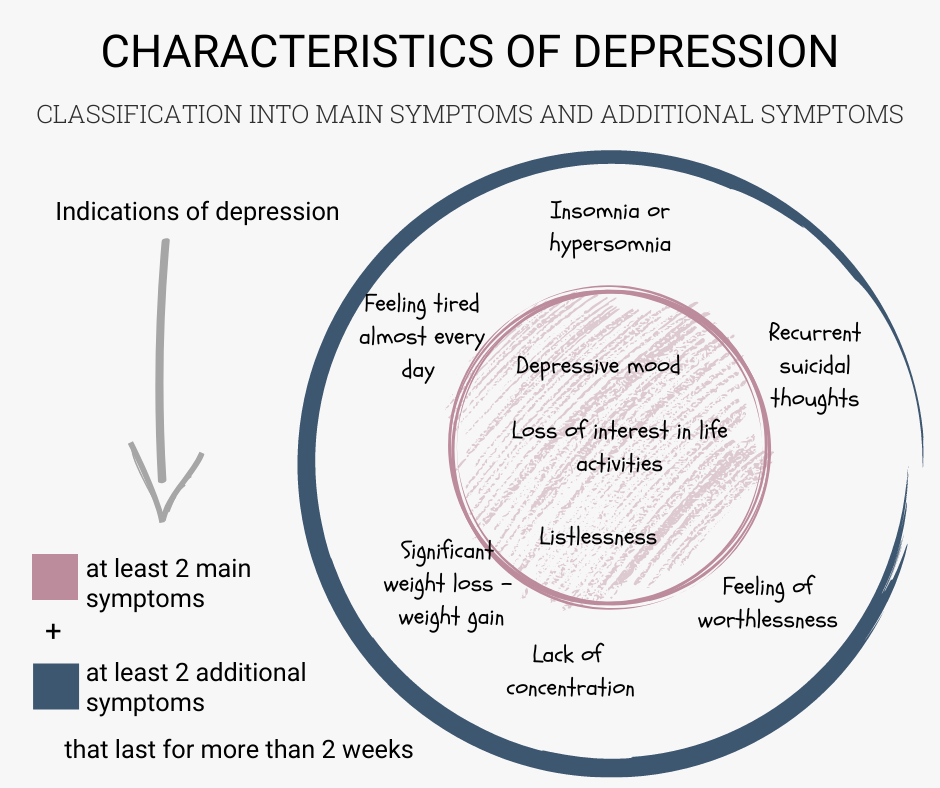
Symptoms:
- Loss of interest in life activities
- Depressed mood
- Listlessness
- Significant weight loss/weight gain
- Insomnia or hypersomnia
- Feeling tired almost every day
- Feelings of worthlessness
- Lack of concentration
- Recurrent suicidal thoughts
What factors cause depression?
Genetic factors: It has been found that there is some inheritance in the family. So if your mother or siblings suffer from depression, there is a chance that you may also develop depression.
Biochemical factors: Especially eating and sleeping habits
Endocrine factors:
- Any underlying diseases, if present.
- Neuroendocrine dysfunction.
- Psychodynamic causes related to low self-esteem, unconscious aggression, etc.
Environment: This includes the environment, especially people’s behaviour, social acceptance, the way you are treated by friends and family.
Risk factors of depression
- Gender: more common in women than in men
- Family history: The likelihood increases if someone in the family suffers from a depressive illness
- Severe childhood experiences: loss of a loved one, abuse or neglect.
- Environmental stressors: financial problems, chronic illnesses, etc.
- Personality type: Type A personalities, compulsive and dependent
- Lack of deep stable relationships
- People with low socio-economic status
- Age: 15 % of the population over the age of 65 is affected, the peak of suicidality is 80-90 years for men and 50-65 years for women
Types of depressive disorders.
- Major depressive disorder
- Persistent depressive disorder
- Mood dysregulation disorder
- Premenstrual dysphoric disorder (PDS)
- Substance-induced mood disorder (medication)
- Other (due to another illness or mild depression)
Possible physical symptoms accompanying depression
Depression can have a considerable impact on the mental and physical well-being of the person concerned. It is often the physical symptoms that are noticed first.
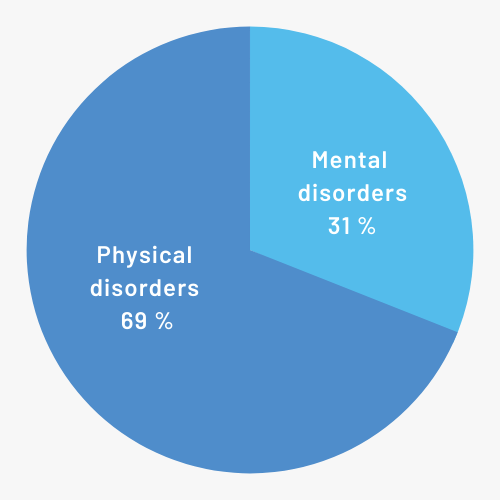
Physical symptoms:
- Headaches
- back pain
- Stomach ache
- Tension in the neck
- Breathing difficulties
- Heart problems
- Nausea
- Dizziness
- Sleep disorders
- Skin lesions
- lack of appetite.
- Gastrointestinal disorders
Therapeutic forms of depression.
Once a depressive illness has been diagnosed, treatment options depend on the severity of the illness and thorough disease management.
Treatment options for the disorder include:
- Change of lifestyle
- Conventional therapies (including pharmaceutical therapy)
- Psychotherapies
- Social rehabilitation therapy
- Electroconvulsive therapy
- Transcranial magnetic stimulation
- Light therapy
- Experimental therapy
- Naturopathic therapy
Change in lifestyle
Certain lifestyle changes can help combat depressive disorders. Healthy changes include exercise, especially sports, stress reduction, proper nutrition and sufficient sleep.
A study[2] published in 2013 regarding the effects of short-term aerobic exercise on depression came to the following conclusion: “The exercise group showed a significant decrease in depression scores associated with improved body image compared to the control group. Depression scores in the exercise group had decreased after a four-week short-term exercise programme. Symptoms of depression decreased from moderate to mild levels in the training group.”
Exercise helps regulate mood by regulating hormones and neurotransmitters such as ACTH, cortisol, cytokines and opioid peptides. There is also some evidence that exercise alters retroactive substances in the CNS.
The ÁYIO-Q Centre of Vitality offers further possibilities to strengthen the body’s self-healing powers and to have a positive effect on a depressive mood or depression. The ÁYIO-Q breathing therapy and the ÁYIO-Q water cure are particularly popular. In a survey, 78 percent of users said they would recommend ÁYIO-Q to friends and acquaintances.
Related articles: Depressed mood and depression
Sources:
[1] Depression, auf https://www.who.int, Access date 20.10.2021
[2] Zarshenas S, Houshvar P, Tahmasebi A. The effect of short-term aerobic exercise on depression and body image in Iranian women. Depress Res Treat. 2013;2013:132684. doi: 10.1155/2013/132684, at https://pubmed.ncbi.nlm.nih.gov
